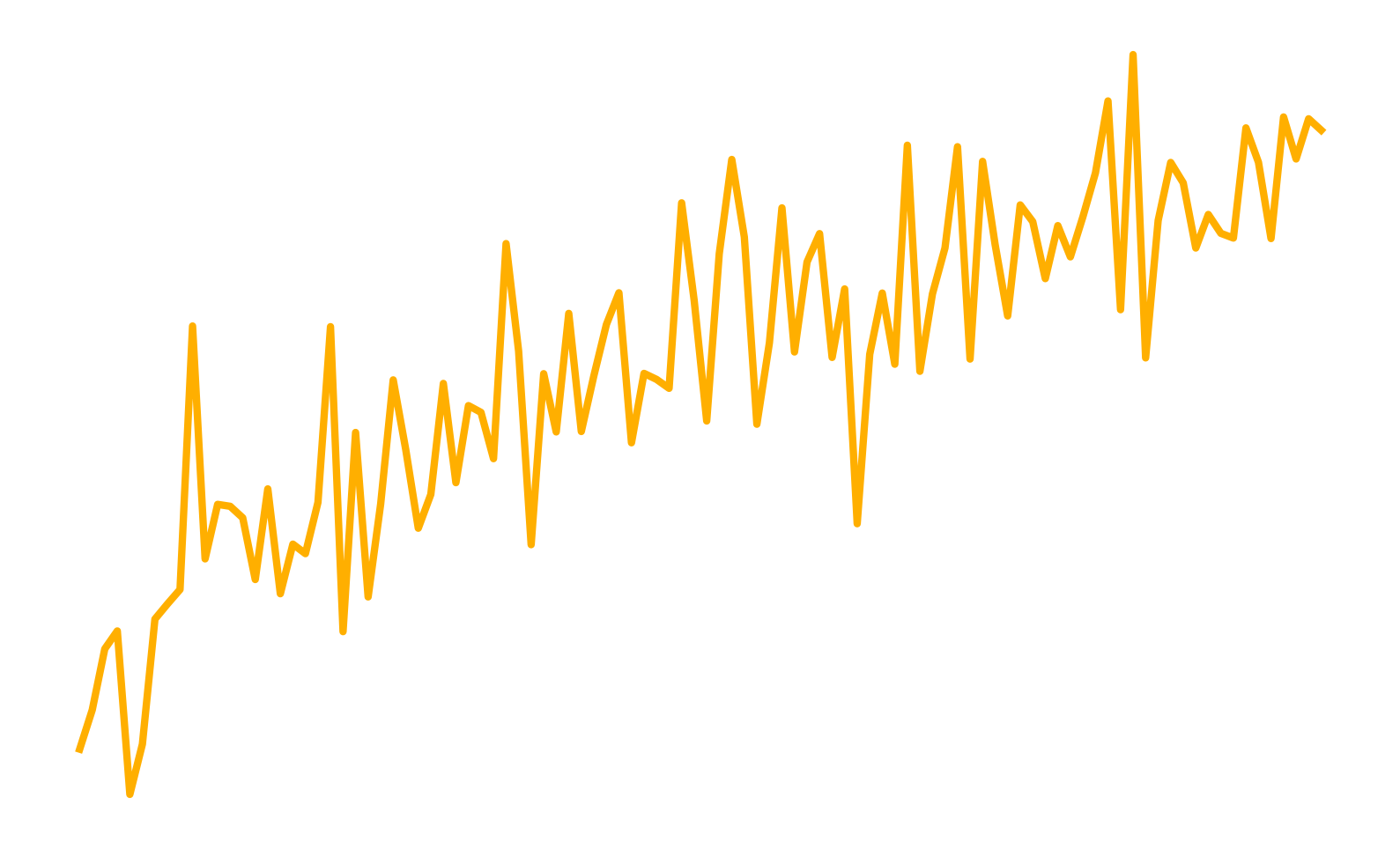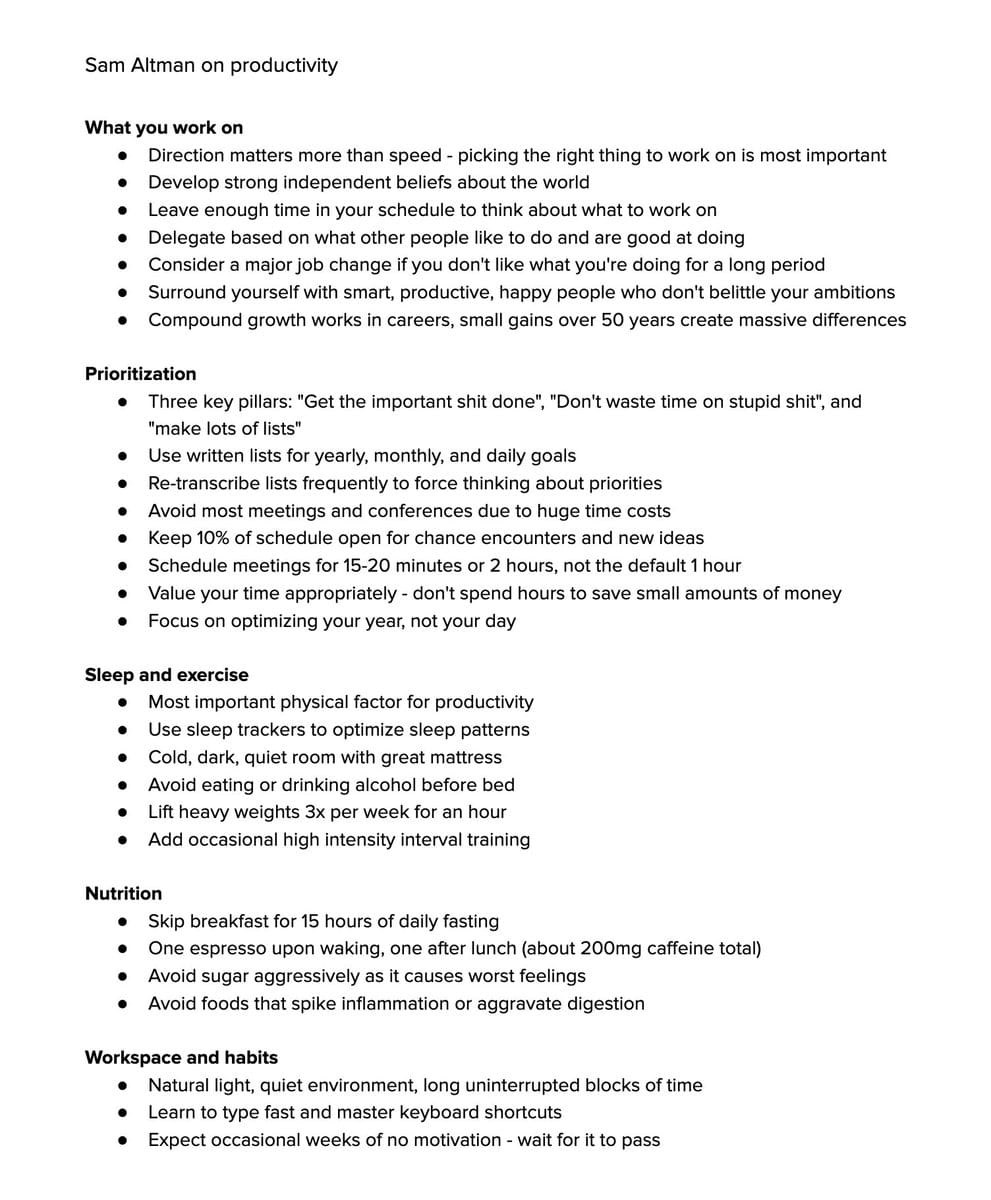My journey through founder depression
A look at why depression is so common among entrepreneurs and how to care of yourself if you are in the midst of it.

How Sanity Labs can help your team today:
1. Struggling to grow revenue the way you would like? We recently added our first CRO/sales coach.
2. Would your leadership team achieve more if they worked in a high-trust fashion? Ask us about custom offsite design and facilitation.
3. Looking for some support personally? Reach out about 1v1 coaching.
❤️ Reach out here.
I don’t know if I can make it to the office today
Sitting upstairs in the back corner of our startup’s two-story office, I gently closed my journal. I felt 5% better. And 5% was a win.
Ten minutes of meditation, a page of journaling, and the depression I felt cloaked in since waking up that morning lifted slightly.
On the hard days, that back corner was a place I often took respite before the day got busy.
Depression has been a frequent visitor throughout my life. As far back as my first year of college, I remember days when sadness and despair felt permanent and impermeable. In fact, the most difficult days of my depression were in school settings - first in college and later in business school. The frequency of depression I experienced in school life would only be surpassed by my time as a startup founder.
During my days as a founder, my depression would often hit hard and last for days. It felt as if my legs were taken out from beneath me. I could not focus on anything some hours besides the aching in my chest or the hopelessness that seemed to descend on me from nowhere.
What I did not know at the time, but that I can see clearly with hindsight, was that the harder I tried to push away the depression or grind through it, the more it would dig in and hang around. Especially in my early years as a founder, I refused to let myself take a day or even a morning off, no matter how bad things got. I would schlep to the office, put on my headphones, and get to work. Some days, that determination was of service to me. But on other days, a bit of rest and self-care would have been deeply helpful and put me back in a productive place far more quickly.
I felt quite alone in my experience of depression as a founder. Until I made close friends with a few other founders navigating their own challenges, it seemed to me that everyone else was thriving both in their startups and their mental state.
It isn’t just me?
I remember for the first time hearing my coach at the time describe depression, as I did above, as a long-time visitor in his life. This framing felt new and helpful to me because he was not describing his depression as something wrong with him, nor as a part of him. Rather, it was a part of his experience of life.
Depression has been a visitor in my life for as long as I can remember. More weeks than not, it visits in some way. Sometimes it sticks around and makes itself at home for far longer than I would like.
I can remember in my years as a startup founder that my depression felt particularly acute at certain points. Days when the last thing I wanted to do was head to the office. It was hard to get out of bed.
When depression hits me, it is always accompanied by the thought, “This is now how things will be forever!” Even if I felt content and cheerful the day before, those emotions suddenly feel a million miles away. And there is a strong belief that I will never feel them again.
While I was in the midst of my startups and in the midst of heavy depression, it was difficult for me to see the links between the work I was doing and the way I was feeling. However, in hindsight, and now in my role as a coach to founders navigating similar challenges, the relationship stands out to me.
The links between depression and entrepreneurship
If you find yourself facing depression as a part of your founder journey, are very much not alone.
A 2015 study by Dr. Michael Freeman found that 72% of entrepreneurs reported mental health concerns, with 30% experiencing depression.
Most of us are not at ease talking about these challenges.
A 2022 report by Startup Snapshot revealed that only 10% of startup founders feel comfortable discussing their mental health struggles with investors, highlighting a significant stigma and lack of open dialogue in the startup community.
The same report indicated that 54% of founders are very stressed about the future of their startups, and more than 50% have lost sleep since founding their companies. That number increases with the amount of money raised.
I meet multiple founders each week in my coaching work who are navigating depression as a part of their journey. And more than half of my clients share challenges with depression, anxiety, or both.
How to know if you are wrestling with depression
It may be helpful to describe more precisely what we are talking about when using the label depression. This is not passing sadness or anxiousness about the day-to-day ups and downs of life, or a startup. Below is a list of the common symptoms of depression.
• Persistent sadness or low mood
• Loss of interest or pleasure in activities once enjoyed
• Changes in appetite or weight
• Sleep disturbances (insomnia or oversleeping)
• Fatigue or loss of energy
• Feelings of worthlessness or excessive guilt
• Difficulty concentrating or making decisions
• Thoughts of death or suicide
If you're feeling like you don't want to be here anymore, please don't try to carry that alone.
There is help. There are people who care. And this moment does not define you.
In the U.S., you can call or text 988 to reach the Suicide & Crisis Lifeline. It's free, confidential, and available 24/7. You can also visit 988lifeline.org.
If you're outside the U.S., check findahelpline.com for mental health hotlines near you.
Please don't wait. Reaching out is a sign of strength. ❤️
If you find yourself dealing with depression as a part of your startup journey, you are certainly not alone.
Let’s explore a bit what makes depression so common among founders and entrepreneurs, and then we’ll dig into some things that might help.
Why is founder depression so common among founders?
What we bring to the journey
Why is depression so much more common among founders than in the general population? My sense is that part of it has to do with the kinds of people who are drawn to do something as wild as creating something from nothing as a way to make a living.
Speaking for myself, from a very young age, I felt I had something to prove. To my father in part, but more than that, to the world. There was something I deeply needed, something even now at 45 I struggle to put words to. To have an impact. To have meaning. To live a different kind of life.
I needed to take chances. To do hard things.
I remember a few years ago watching the awe-inspiring documentary Free Solo and being fascinated by the description of how Alex Honnold’s brain was markedly different from the average person. Watching it, I felt certain my brain might be closer to Alex’s than to the average person.
I have a suspicion there is something shared here among founders. I had a revulsion to the idea of a normal job or a normal life. I witness a similar stance among many of the founders I meet, and I suspect it has as much to do with our brain chemistry as our upbringing. A 2022 study by UC Berkeley and Stanford suggested entrepreneurs are more likely to exhibit traits associated with ADHD, bipolar tendencies, and high openness to experience.
Sound familiar?
What the journey brings to us
The ups and downs — and recency bias
In addition to what we bring to the journey by way of biology, the journey itself brings challenges to our mental well-being.
As a species, we humans have a strong bias for gauging our well-being by whatever has happened to us most recently. We are bad at zooming out. This is why, when you wake up at 3 AM, you likely find yourself thinking about whatever present challenge or risk is at the surface of your life rather than waking up with a sense of, “Hey, if I zoom out to a 10-year time horizon, my life is on a wonderful trajectory!” We often struggle to accesswildly successful startups do not grow consistently upward that kind of perspective without the aid of a journal, therapist, or coach. I know I do.
Even wildly successful startups do not grow consistently upward and to the right. They look more like this:

Each downturn along the way tends to be deeply challenging to our sense of well-being as founders. The natural human response is to feel like things are falling apart and heading toward zero. We do not naturally, emotionally internalize the long-term movement toward success - even when we are on a positive road!
Absence of mastery
Another element of the ride that makes mental ease elusive—and often leads to experiences of founder depression—is the absence of mastery inherent to the founder or CEO journey.
When we experience a sense of learning, especially in the form of mastery, it is deeply additive to our sense of self-worth and well-being.
Startups offer no such comfort.
When our companies flounder, we lack a sense of mastery for obvious reasons—we feel we are failing every day. But even when our companies succeed, there is typically no sense of command. I recall the years when my previous company was on a multi-year growth tear, and I was surprised by how far behind I felt. If you looked at a graph of revenue from the outside, you would have assumed the CEO of the company probably felt like a total badass. But if you had pulled me aside for an honest conversation over coffee, you would have found that I felt deeply challenged in the job. Because when a startup begins to accelerate as a result of success, the job that a founding CEO is doing changes dramatically every 3–6 months. I remember feeling that just when I got good at running one phase of the job, I would wake up to find the company and my job completely changed. (Side note: parenting is the same way!)
As someone with a predilection for self-judgment and depression, I found this lack of mastery very challenging. At least in school, there were grades, and I loved getting a string of A’s. In startup life, there was no scorecard, especially in the early years when revenue or user/customer counts were often absent.
Isolation and disconnection
A third major challenge I experienced—and witness in founders—is a sense of isolation and disconnection.
One of the biggest surprises I have found as a coach is how many famous founders feel deeply alone in their lives. When I read about someone on the front page of The New York Times, I assume that person must be living a deeply interesting and connected life. Often, the opposite is true.
Many of the most successful founders I meet confess in our first call to feeling desperately alone and lonely in their day-to-day lives. They speak of a conscious decision to put life on hold while they build their businesses. Or they do so out of a sense of necessity during the hard years. But the hard years pile up, and eventually, they wake up feeling profoundly disconnected from their families and friends.
Even those who have families at home and friends nearby often describe having very little time for them. Or they feel so mentally absent when they are with loved ones—their attention back at the business—that they may as well be spending time alone.
I also often witness as a coach a disconnection from self. This shows up in a variety of ways, including:
- Feeling emotionally numb
- An inability to identify or share my hopes or desires (can only speak about the current challenges at hand)
- A life absent of play, hobbies, or day-to-day healthy pleasure
- A felt sense that my whole value is tied up in the success of my business or work
And the more we disconnect from ourselves, the harder it is for us to really connect with those around us.
All of this disconnection is a part of a perfect recipe for depression. And depression often brings with it messages like:
- You don’t deserve to be happy anyway
- No one wants to be around you
- Even if you share how you are feeling, no one will understand
Even as I write these words, I can feel my own back tense up and my chest tighten—all of this still hits me even years removed from the darkest days.
If you are finding yourself navigating your own dark days, you are not alone. And please do not navigate the road alone.
Let’s look at a few things that might help.
What may be helpful
The most dangerous lie that depression tells us is that the way we feel today—or in our darkest moments—will be the way we feel forever.
Let’s begin by naming that for what it is—a fucking lie.
If you are struggling, there are things that will help.
- Accept what is happening
The first step is to accept what is happening for you, and to accept yourself in the midst of it. It's perfectly okay that you are feeling this way. You are not doing anything wrong. You are not responsible for always feeling great or being highly productive all the time.
I recently ran across this list of advice from Sam Altman on productivity.

Note the comment weeks without motivation. I would add that for most of us founders (according to the data above), there will be days when you feel joyous and present, and others where depression lurks. Accept those days. Care for yourself accordingly.
In any kind of self-change, progress begins with self-acceptance. This can seem counterintuitive. After all, if I want to change, then why should I accept where I am? But, as I shared above, the more we try to push away feelings of depression or anxiety, the more they tend to dig in. These feelings are often a sign of a need.
The need that is present is often a need for connection and support in some form.
- Tell someone how you are feeling.
Do not fall into the trap I have on too many days of thinking you can or need to push through your depression alone. Tell someone.
Tell your partner. Tell a friend. Tell a fellow founder. Tell a family member.
If depression is a frequent experience for you, as it is for me, you might build a small network of people who know about this challenge and who are committed to supporting you on the hard days. I have a contact group on my phone of my most trusted friends, and I lean on that group on my darkest days. Often with a message as simple as:
Having a really hard day. Just needed to share with someone.
I have also found professional support critically helpful. I have worked with the same therapist for six years and had another for five years before that. I love having a partner in life who is professionally trained and, apart from my day-to-day life, to check in on me. Since we have worked together for so long, she brings a rich context to each weekly conversation about my life, challenges, and growth.
In my time as a founder, I had both a therapist and a coach. My therapist was a helpful resource for my psychological healing. My coach was a critical ally in helping me navigate the many ways my inner journey played out in my role as a leader and builder. While I loved my therapist, she lacked the professional context my coach brought. How do you explain to someone who has never experienced it what it's like to navigate the terror of years without market fit? Or leading a 50-person organization for your first time? Coaching saved me on a regular basis.
- Reconnecting with sources of joy
One of the more frequent questions I can remember my own coach asking me in the final moments of sessions was “What are you going to do for you this week?” These gentle questions were an invitation to think about myself for a moment. My own joy. As a leader, and a parent, it was easy to give all of my energy and attention to others and save none for me.
Sound familiar?
If so, let me offer you the same gracious question:
What are you doing today, or this week, just for you? What are you doing for play? Just for fun? For the joy of it?
Joy is our birthright. As children, no one has to teach us how to do things just for fun. We are naturally drawn to experiences that light us up—that give us a sense of joy, wonder, and ease.
How long has it been since you felt a sense of wonder?
In my own navigation of depression, I have sometimes found it easy to fall into the belief that it is going to take months of therapy sessions for me to experience change. And for some deep change, that kind of longitudinal work is very helpful. But other times all I need is self-permission to enjoy myself. To let go of my adult need to achieve, perform, and have it all together.
To go play.
I would invite and encourage you to do the same.
- Finally, the basics
Finally, it can be helpful to remember the basics.
Sleep eight hours per night.
Eat whole, healthful foods.
Move your body.
Take time away from work. Away from devices.
Get into nature.
I am ashamed to share how many days I have felt anxious and depressed where the answer was as simple as:
Sleep
Eat well
Get a workout in
Get some sunlight
My wife often jokes that she needs to have a T-shirt made for herself that says:
If found sad, move into sunshine
She’s a wise woman. Learn from her as I do!
Closing
Wherever you find yourself today in your own journey, you do not have to navigate it alone. You are not alone.
I would love to hear from you. I would love to hear where you find yourself. I would love to hear also what you have found helpful in your own mental journey so that I might pass your wisdom along to other founders and builders I meet.
Please reach out.
How Sanity Labs can help your team today:
1. Struggling to grow revenue the way you would like? We recently added our first CRO/sales coach.
2. Would your leadership team achieve more if they worked in a high-trust fashion? Ask us about custom offsite design and facilitation.
3. Looking for some support personally? Reach out about 1v1 coaching.
❤️ Reach out here.
In the meantime, sending you a big hug from my sofa in Venice.
-Matt
Was this post forwarded to you? If so, I am so glad you are here! You can sign up for upcoming posts here.
Sanity Notes Newsletter
Join the newsletter to receive semi-weekly updates in your inbox.


